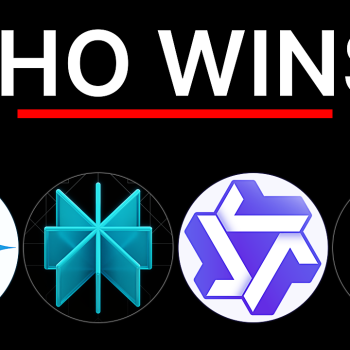From an article by Wayne Stauffer in Inside Higher Ed:
As long as students put off doing writing assignments until almost too late, do not study the course material as well as they should, have low confidence in their academic abilities, settle for doing less than their best in their schoolwork and just don’t feel like putting out the effort and instead grub for grades, there will be plagiarism.
In other words, we professors cannot eliminate it entirely, no matter how hard we try to design the perfect assignment or develop/find the ultimate originality-checking software or online testing environment. Students’ desire to cheat cannot be planned out of our assignments, because it is outside the curriculum. We design our course work under a basic assumption: people who want to learn will be willing to do what we ask them to do to learn it. When that cooperation is not present, learning breaks down.
We can only take several steps to minimize plagiarism. We can make cheating more labor-intensive or costly than the effort involved. We can also try to make the assignments so interesting that students want to explore the subject as deeply as we want them to or so unusual that a response doesn’t already exist out there. Yet hard as we work to make the assignment one on which students don’t want to bother plagiarizing, someone will always try to take the shortcut…
The remainder of the article is fantastic, making a helpful comparison to speed limits, and offering concrete advice about relevant details ranging from assignment design to our emotional responses to student plagiarism. And so I recommend reading the whole thing in its entirety.
I’ve found plagiarism to be a much bigger and more common problem in my core curriculum classes, which many students view as something to be “gotten out of the way” with as little effort as will do. By shifting the focus in my course on the Bible to focus on information literacy, I’ve removed one possibility of cheating, because looking online is what one is supposed to do when answering the questions posed. Students are still required, however, to take the information that they find and use it – rather than copy and paste it – in answer to the question that they have been posed. And so that assignment removes one motivation for cheating – fear of forgetting important information – while also bringing another into center stage and highlighting it. Since it is a given that students will be gathering information from online, the focus becomes whether a student has understood what they found and used it properly. Since students know that that will be the focus in relation to which they will be evaluated, there is obviously still the possibility of plagiarism, but it is still in my experience different precisely because the nature of student work is reconfigured.
How do you deal with plagiarism if you are an educator? In an era in which there have been high profile cases that have been exposed, we can harness this to our advantage. The same internet that makes plagiarism so easy also makes it so easy to catch.
On this subject, don’t miss the launch of the Plagiarism.org website: http://www.plagiarism.org













